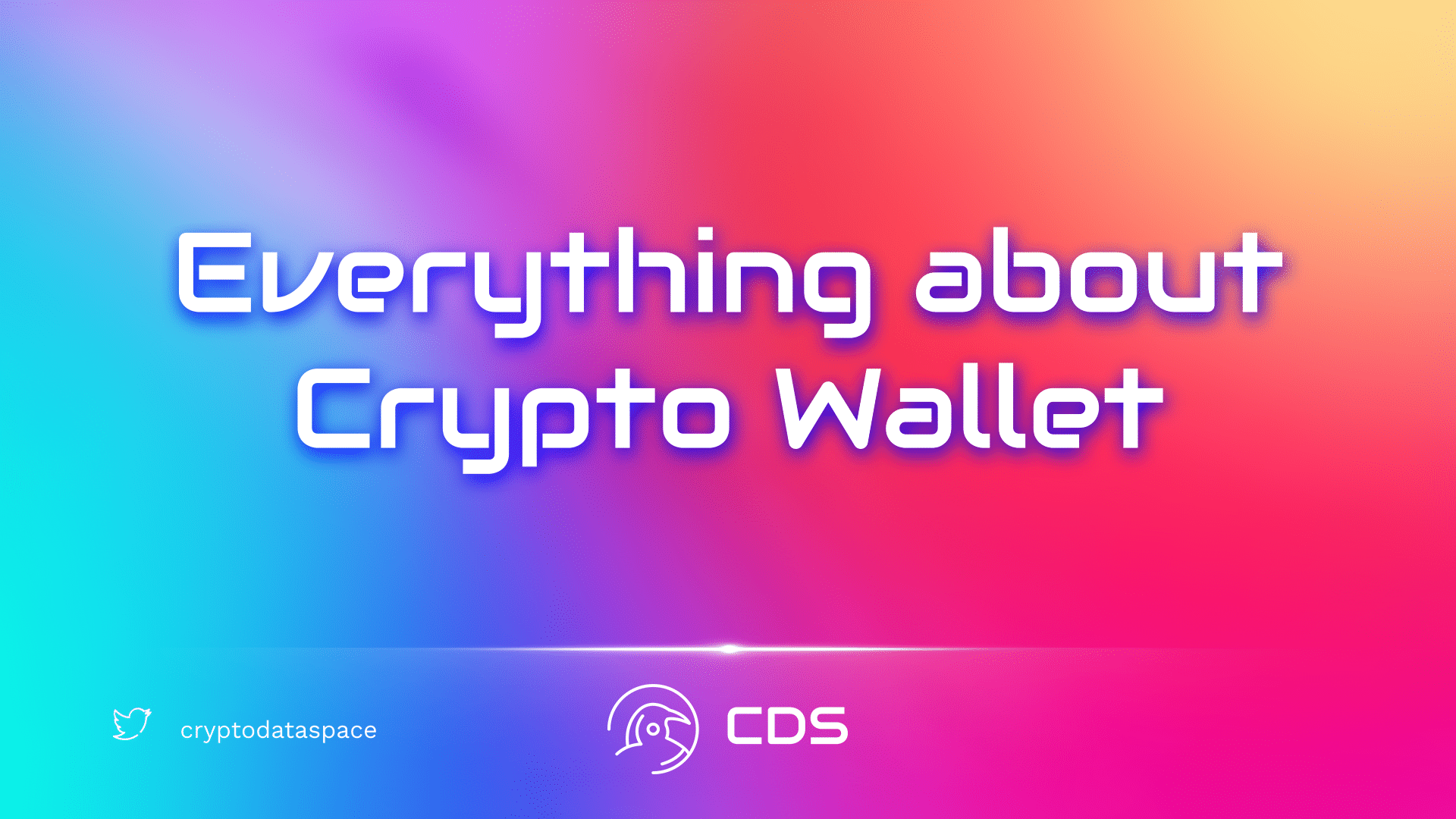Crypto wallets (cryptocurrency wallets) are products created for users to store their cryptocurrencies.
Everything About Crypto Wallet
Today, cryptocurrencies are used by many people around the world, and their availability is increasing day by day. However, cryptocurrencies are not assets that can be carried in a physical wallet or placed in a purse.

As with fiat currencies, these assets, which we cannot hold in our hands and count, exist in the blockchain, and there is no physical manifestation that people physically come into contact with. Users (individuals and organizations) need to be able to see their cryptocurrency holdings as a balance, just like a bank account, and feel ownership of their holdings.
Secure Wallet

Crypto wallets are a tool that provides a way for users to verify an account balance to provide visibility into how much cryptocurrency they hold. They have also been in the spotlight from time to time for their security. In addition, crypto wallets offer users the ability to send and receive cryptocurrency.
The Importance of Crypto Wallets
Cryptocurrencies, like fiat currencies, are assets that can be used or accumulated. In a similar way, crypto wallets are to crypto assets what banks are to fiat money.
Here are some of the benefits of crypto wallets that allow us to enjoy the practical benefits of cryptocurrencies:
- Management of cryptocurrency: The wallets provide users with the ability to monitor a balance for cryptocurrency assets.
- Transactions: Sending and receiving cryptocurrency payments is an important feature of crypto wallets.
- Connection to decentralized apps (dApps): A wallet is required to connect and interact with Web 3.0 dApps.
- Username identities: All cryptocurrencies are stored on a blockchain. A wallet enables transactions with a username that can be associated with a public key address on a blockchain.
- Key management: Functionally, cryptocurrency exists on the blockchain as a public key address. A wallet helps users manage the private encryption keys used to access a given address and enable a transaction.
Crypto Wallet Types
Users who want to use a crypto wallet can not only choose the service and vendor that provides the crypto wallet but also select the deployment approach. Crypto wallets are generally divided into hot wallets and cold wallets.
A hot wallet is a wallet that is usually always open and connected to the internet. On the other hand, cold wallets are wallets that are generally disconnected from the internet and are connected when needed.
Hot Wallets
Hot wallets are divided into three types.
Online (web) wallets
The most common form of wallet is an online service. With an online wallet, an online service, such as a crypto exchange, holds the user’s public and private keys. Users access the wallet by logging in to the online service.
Desktop wallets
With a desktop wallet, the cryptographic keys are stored in an application on the user’s desktop system.
Mobile wallets
A mobile app can be used to store public and private keys for a user to access and use cryptocurrency.
Custodial Wallets
Custodial wallets are wallets that can be managed by third parties. An example of a third party is a crypto exchange where investors buy and sell their cryptocurrencies.
Non-Custodial Wallets
Non-Custodial wallets are crypto wallets where the custody is held by the individual who has the private keys for the crypto assets on the blockchain and is responsible for securing them. These wallets include paper wallets, as well as software wallets, that are managed by users.
Crypto Wallets Examples
Some examples of hardware wallets are as follows:
- Ledger
- Trezor
- Secux
Some examples of hot wallets are as follows:
- Metamask
- Crypto.com
- Trust Wallet
Users can use these crypto wallets according to their needs.
VISIT OUR OTHER BLOGS: ALL NEWS















Leave a comment